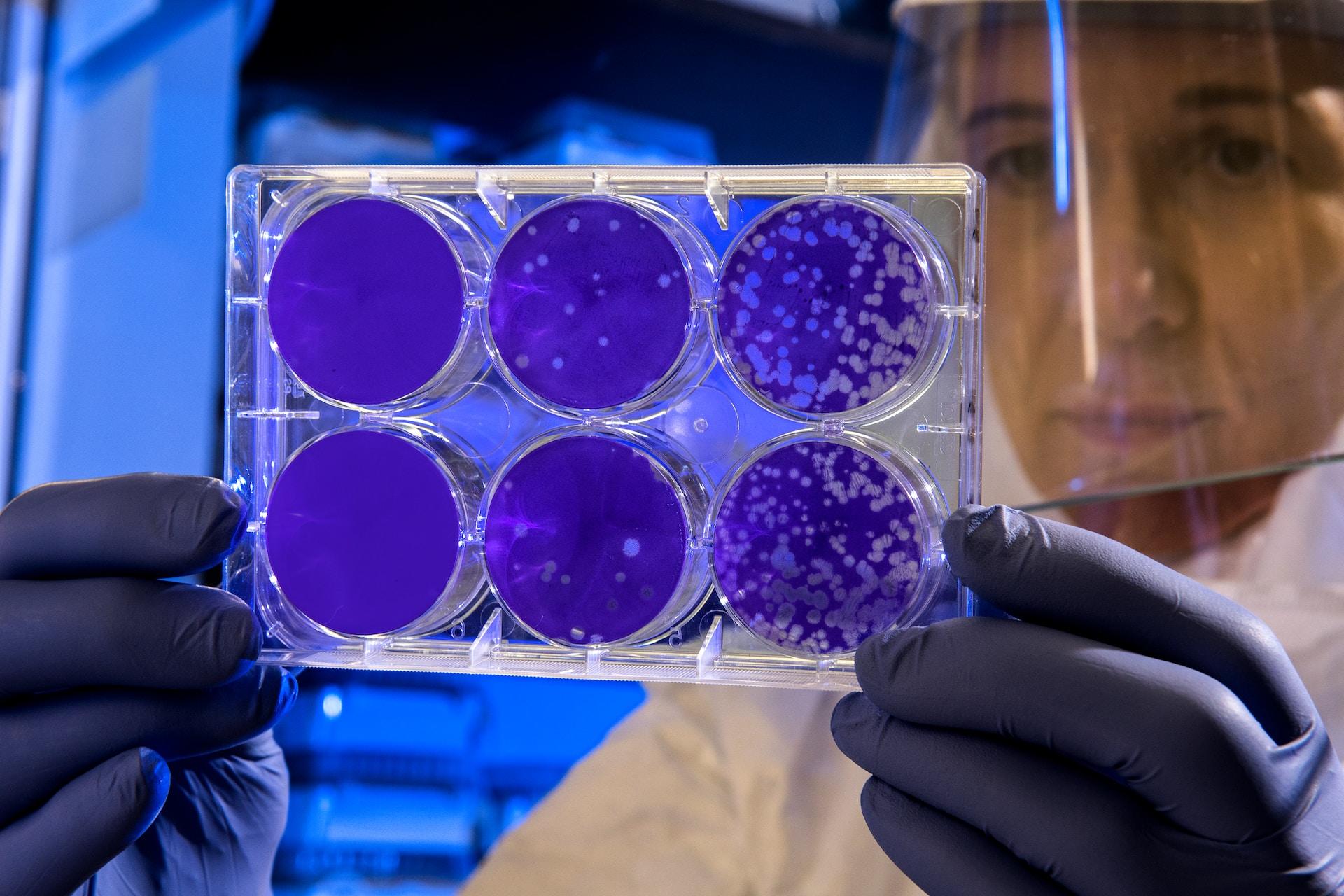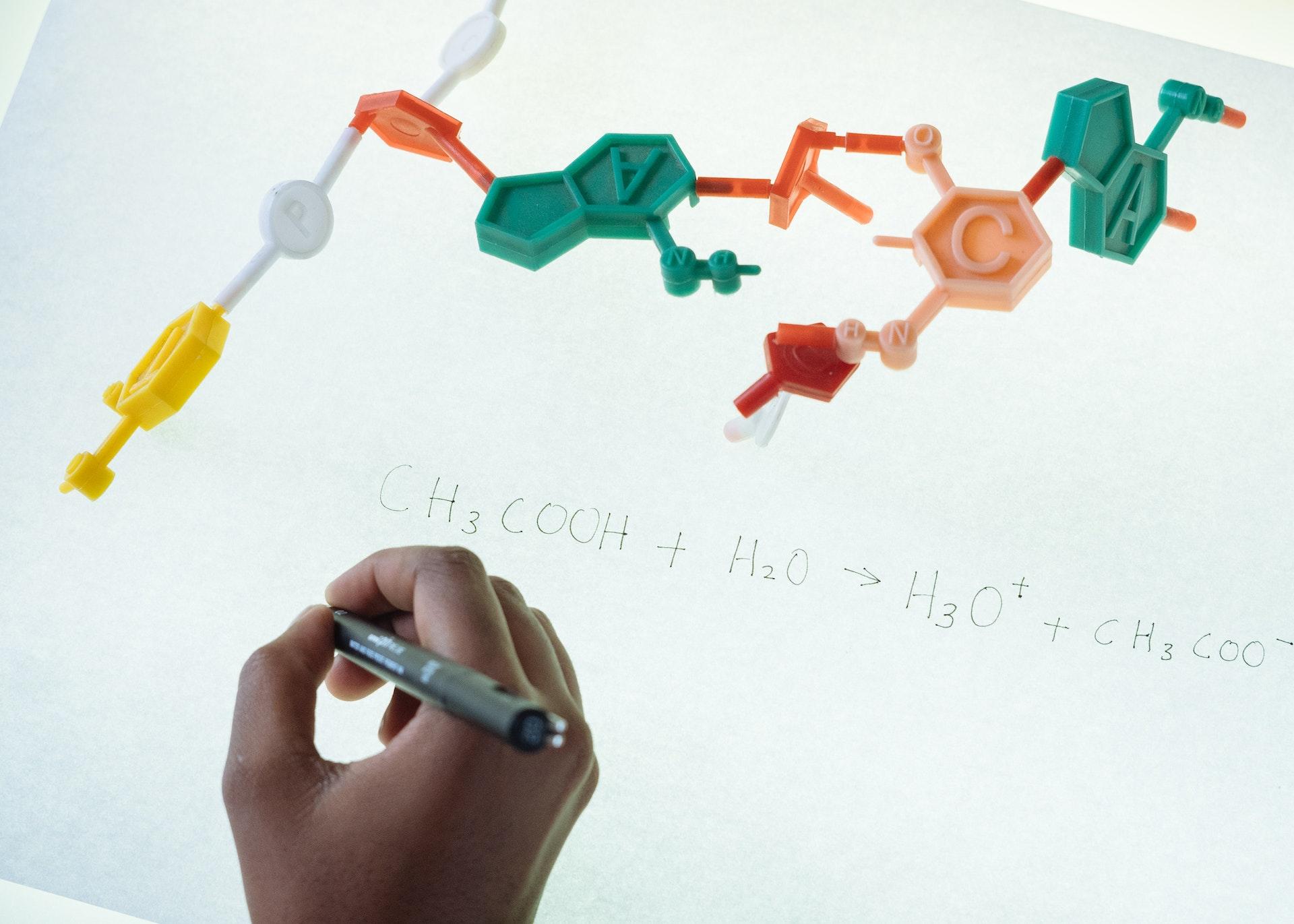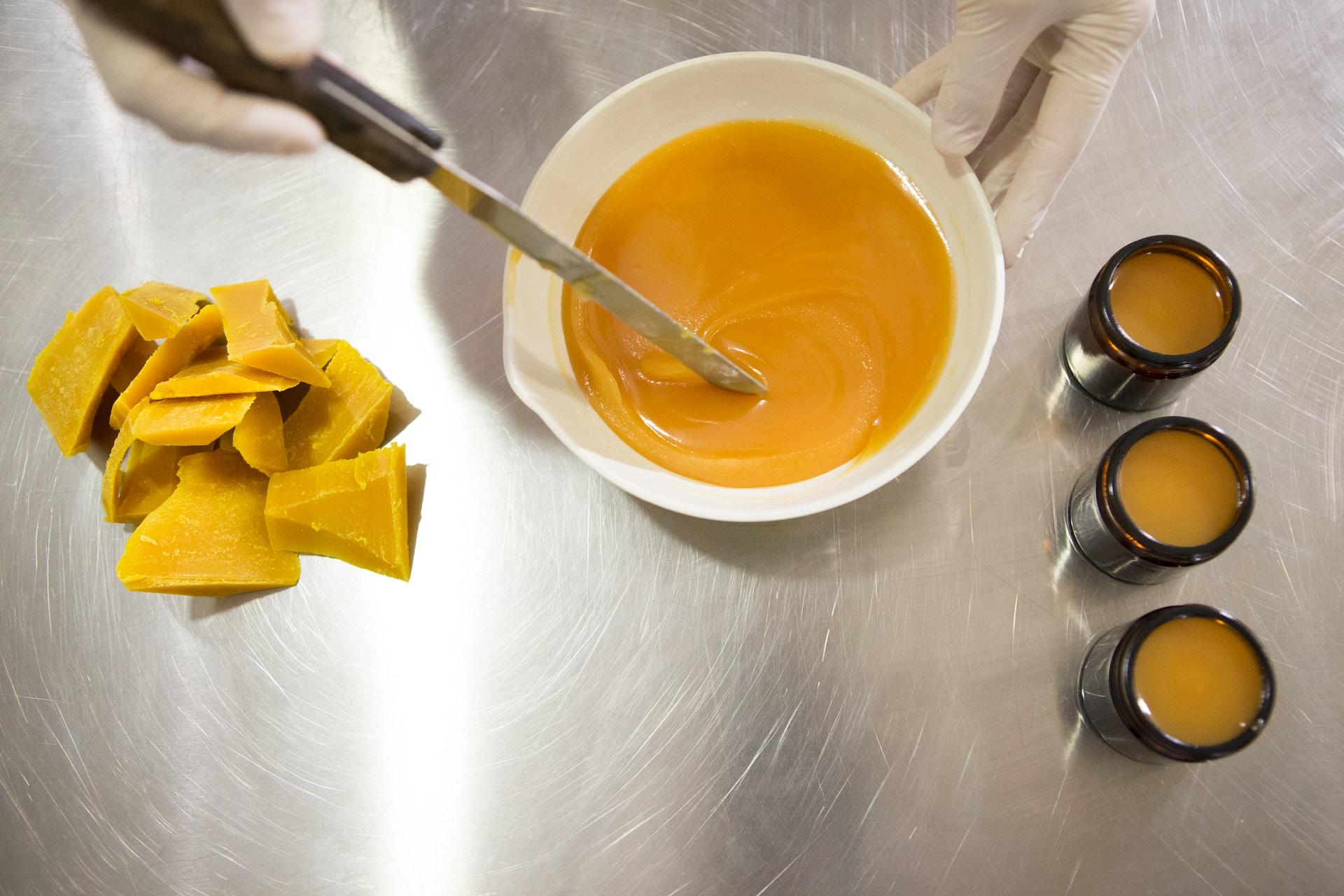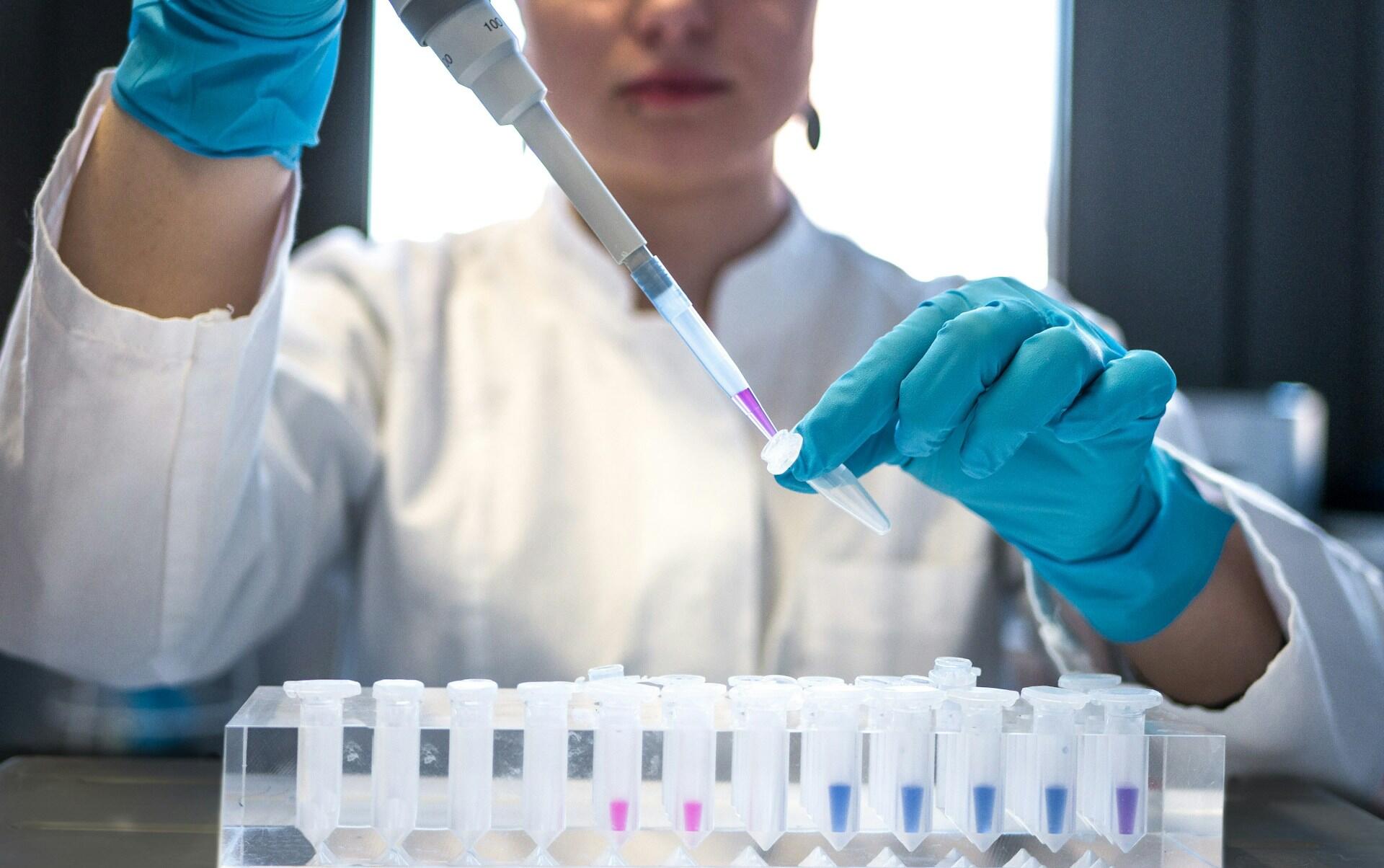If you’ve ever wondered if there was a way to combine your love of learning about biology, physiology, and chemistry into one study, the answer to your prayers is biochemistry.
This unique science discipline is relatively new, having only been formally recognized in the early 1900s. With modern-day advances in research equipment, biochemists are able to discover more and more about the world we live in, and how we live in the world.
Read on to find out more about this fascinating career and what you can expect to learn in biochemistry classes.

What is the Discipline Biochem?
While there is a lot of overlap between many disciplines in the scientific world, each specific title is warranted because of the nuances targeted by the different types of science.
For example, biochemistry is obviously a combination of chemistry, biology, and physiology. But biologists, chemists, and physiologists each approach similar topics in science in their own respective ways. The information they gather, the methods of research, and the information they intend to learn are different.
In this circle of science, you could create an elaborate Venn diagram between biochemistry, biology, physiology, chemistry, organic chemistry, microbiology, molecular biology, cellular biology, and biophysics, to name a few examples.
Biochemistry Is the Study of Life
In biochemistry, we are concerned with how life happens.
Many disciplines (including biochem) seek to understand what organisms are made of. What organ systems are there, how do they help keep the organism alive, what are the cells like, etc.
But biochemists take it a step further by researching the chemical makeup of the cells. How do they give and receive nutrients? What chemical reactions are required for the organism’s body to be able to function? How do the cells know how to function?
The biochemist is on a mission to understand the fundamental how of life.

What to Expect in a Biochemistry Program
You’ve probably figured out that biochemistry is an intensive subject that will demand a lot from you as a student.
But what exactly is a college course in biochemistry really like?
Fundamental Studies
Before you can begin to focus on the intersection of the big three sciences (biology, physiology, and chemistry), you must first learn about each of them individually.
The classes you take early in your college education will focus on giving you a solid understanding of these topics.
You’ll need to be able to understand and memorize core vocabulary, formulae, theories, processes, and so on.
These are the classes like Intro to Biology, Intro to Chemistry, Intro to Physiology, Intro to Physics, General Organic Chemistry, Laboratory Procedures, Instrumental Analysis, Intro to Research Techniques, Basic Techniques in Biochemistry, and Biostatistics.
Additionally, you will also need to take courses in Algebra, Calculus, and Statistics. There is a lot of math in the biochemistry field!
Core Courses
As you progress in your biochemistry program, you’ll begin to learn more specific information within the realm of these general topics.
This is an exciting step in your biochem education because you can begin to see exactly what aspects of the science excite you the most and give you a better idea of exactly where you’d like to take your career!
These classes will cover things like
- Molecular Cell Biology
- Functional Genomics
- Developmental Biology
- Chemical Communication
- Developmental Neurobiology
- Analytical Chemistry
- Human Anatomy and Physiology
- Animal Physiology
- Microbiology
- Environmental Chemistry
- Oceanography
- Marine Chemistry
- Medicinal Chemistry
- Inorganic Chemistry
- Geochemistry
- Thermodynamics
- Spectroscopy
- Structure of Matter and Its Properties
- Toxicology
- Epidemiology
- Virology
- Genetics
- Immunology
- Oncology
- Pharmacology
You’ll also be taking many hands-on labs to learn how to use equipment and hone your research methodology skills. Some labs may be self-directed, giving you a better idea of what it’s like to work on your own or as part of a team, rather than strictly in a classroom setting as a student.

Advanced Studies
After you’ve completed a bachelor’s degree in biochemistry, you have the option of pursuing a master's and perhaps even a doctorate.
In this phase of your education, you can further explore the aspects of biochem that interest you the most. While you’ll still need to take some core courses, you can also ensure to enroll in a program that interests you the most.
Examples of class titles within a master’s program are:
- Eukaryotic Gene Transcription
- Regulatory RNA and Control of Gene Expression
- Biochemical Regulatory Mechanisms
- Emerging Areas of Biochemistry
- Enzyme Kinetics
- Protein Crystallography
- Foundations in Bioinformatics & Systems Biology
- Histology
- Stem cells: Organogenesis to Regenerative Biology
- Programmed Cell Death
- Molecular Basis of Carcinogenesis
- Immunotechniques in Biochemistry and Molecular Cell Biology
- Biotechnology
- 3D Culture & Drug Discovery
- Immunobiotechnology
- DNA Damage, Repair & Human Therapy
- Human Nutrition and Health
- Biohazardous Threat Agents/Emerging Infectious Diseases
- Emerging and Re-Emerging Infectious Diseases
- Topics in Neuroinflammation
- Epigenetics
- Mendelian and Population Genetics
- Biosynthesis of Nucleotides
You may even find programs with a specific focus. This type of program typically accompanies another degree for a full-bodied knowledge base for niche careers.
Some examples of areas of focus within a biochemistry master’s program include:
- Biodefense
- Bioinformatics
- Biotechnology Enterprise
- Molecular Targets and Drug Discovery Technologies
- Regenerative and Stem Cell Technologies
- Regulatory Affairs
- Medicine
- Veterinary Medicine
In master’s and doctorate programs, you can count on the fact that you will be completing a lot of labs. Running your own research projects will become second nature to you as you tackle this hands-on science and become adept in different types of equipment and information synthesis.
You will also likely need to develop, research, and present a thesis or two, either along with or instead of a capstone.
These post-graduate programs are not for the faint of heart, however, if you are passionate about this science, then you will thrive on the amount of knowledge you can obtain!

How to Become a Biochemist
In addition to the obvious step of completing a degree or two in biochemistry, there is one other very important angle to consider when thinking about becoming a biochemist: your personality.
Biochemistry is extremely demanding and very difficult. You must possess a certain set of characteristics in order to succeed and enjoy the work.
If you aren’t sure if biochem is right for you, try finding an online biochem class before you commit to a college degree course. Remember, you can always switch around in your early college semesters between different sciences.
Character Traits for Biochemistry
To succeed in this field of study and work, you will need to ensure that you have excellent critical thinking and analytical skills.
Additionally, you’ll require a strong self-study ethic with the ability to self-identify your weak points and take action to strengthen them. That means that, if needed, you will develop new study methods to help you learn and remember, put in more time, or enlist the help of an affordable biochemistry tutor.
Don’t forget that you also need to have a penchant for math like calculus, because so much of the work done in biochemistry requires formulae and calculations to mean anything. You need to be able to memorize formulae, understand when to use which ones, and be able to plug your own data into the variables.
All of this requires one overarching trait: perseverance.
Even if you are an exceedingly talented student, you will have times in your education when you feel like giving up.
A concept won’t click right away, you will feel overwhelmed or exhausted, and you’ll have to study all the time. It definitely won’t be easy!
But if you persevere you can succeed and come out on the other side as an extremely educated, well-qualified individual who is ready to embark on an interesting, fulfilling, and well-paying career.

How to Excel at Biochemistry Studies
If you find yourself struggling with your studies, don’t hesitate to look for biochemistry tutors near me and find someone who is available to help you right away.
With Superprof, you can find in-person tutors in your area who can help you with whatever topics you require assistance with. Whether it’s basic biology or advanced immunobiology, there is a tutor out there who can help.
If nobody is in your area, or you prefer virtual meetings, Superprof also lets you search for online tutors! You can find someone from somewhere else in the world qualified to help you learn.
Biochemistry Careers
Many people integrate education in biochemistry into their path to obtaining a medical degree. However, some people want to stay on the path of pure lab science.
No matter how you integrate your education in biochemistry into your ultimate career, it is sure to help you have an intimate understanding of the subject.
The most common careers for people with biochemistry degrees include:
- Physician
- Oncologist
- Toxicologist
- Immunobiologist
- Veterinarian
- Biotechnologist
- Forensic Scientist
- Pharmacologist
- Medical Lab Technician
- Laboratory Assistant
- High School Teacher
- College Professor
- Nanotechnologist
- Academic Researcher
- Chemical Engineer
- Cosmetics Developer
- Geneticist
- Nutritionist
- Oceanographer
- Marine Biologist
- Environmental Scientist
- Data Coordinator
- Analyst
- Microbiologist
- Agriculturalist
- Food Scientist
- Science Journalist
- Biomedical Engineer
- Safety and Policy Advisor
These are not all the options you have available to you as a biochemistry graduate, but it gives you a good idea of the different kinds of jobs available.
Biochemistry, although a newer concept, is a very important study in our modern world. We need people who understand the ins and outs of biochemistry to help develop safe, new ways of living in our world and understand how to live happy, healthy, and safe lives.
Summarize with AI:
























